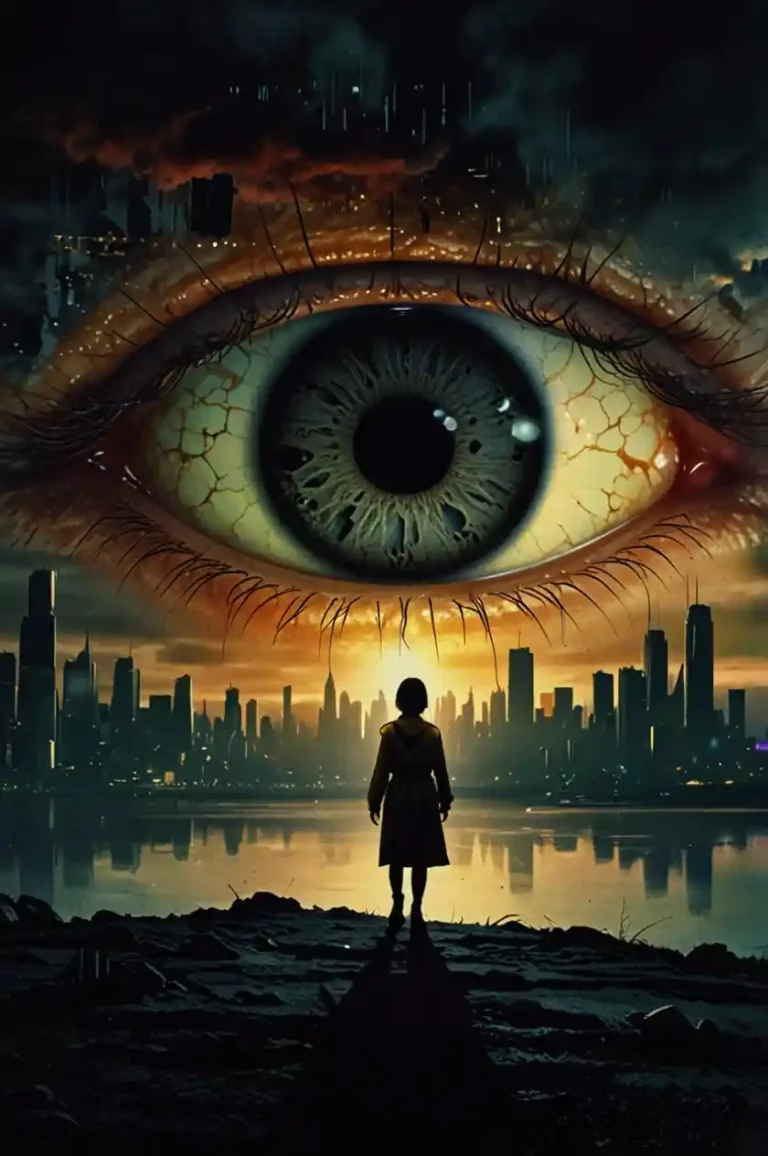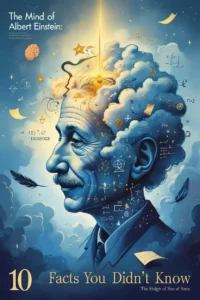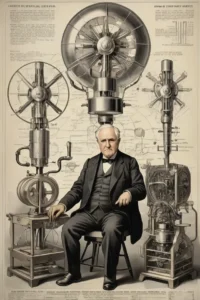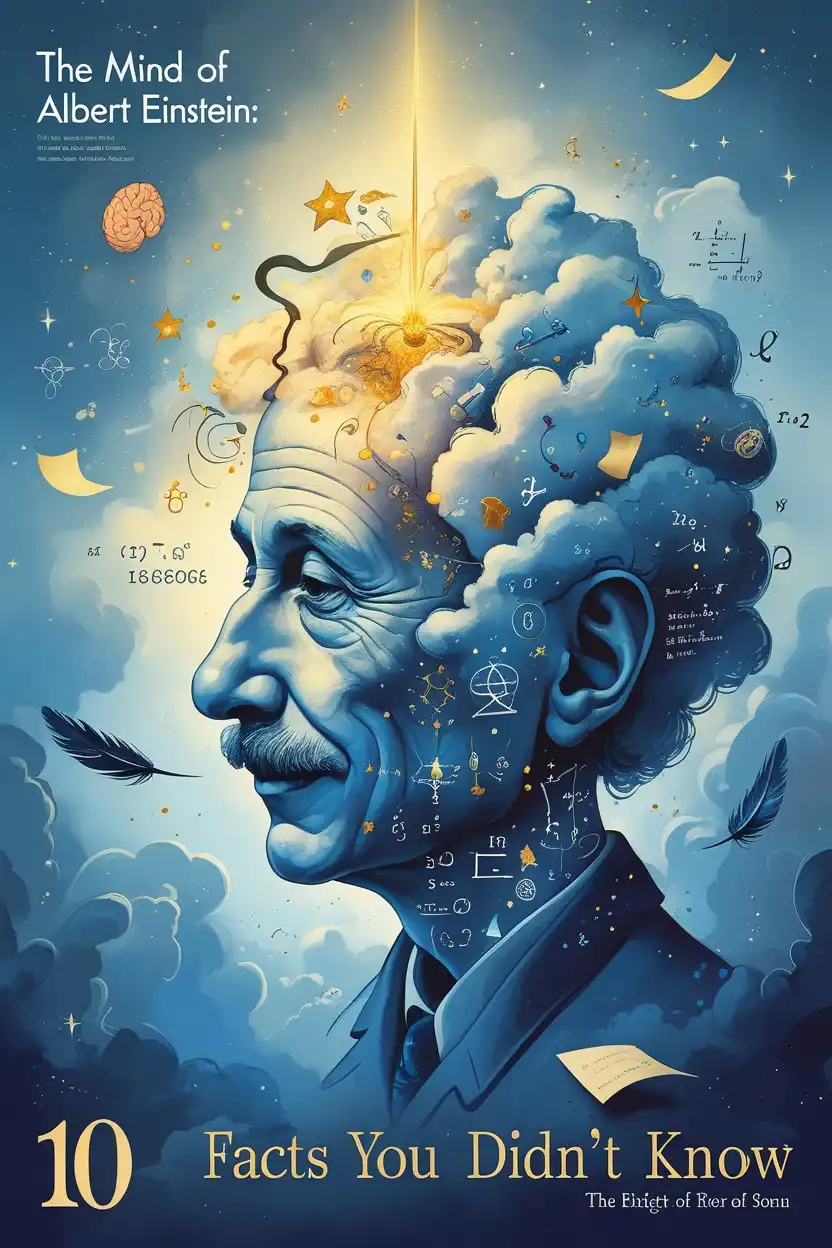Exploring the Timeless Appeal of Dystopian Fiction
Dystopian fiction has long captured the imagination of readers and writers alike, offering a chilling yet fascinating glimpse into worlds shaped by oppression, chaos, and societal collapse. From George Orwell’s 1984 to Suzanne Collins’ The Hunger Games, these stories resonate across generations, reflecting our fears, hopes, and enduring questions about humanity’s future. But what is it about dystopian fiction that makes it so timeless and compelling? Let’s delve into its enduring appeal and why this genre continues to thrive.
The Allure of a Broken World
At its core, dystopian fiction presents a world gone wrong — a society where freedom is restricted, technology is misused, or humanity’s darker instincts have prevailed. This bleak setting serves as a mirror to our own world, highlighting the flaws and dangers present in modern society. Through exaggeration and speculation, dystopian stories force us to confront uncomfortable truths about issues like government overreach, environmental degradation, social inequality, and the misuse of technology.
Readers are drawn to these narratives because they challenge us to think critically about the world we live in. They ask questions like: What would happen if we let greed or power dictate our lives? How far can technology go before it begins to control us? These “what if” scenarios spark curiosity and reflection, making the genre both thought-provoking and emotionally gripping.
A Reflection of Real-World Concerns
One reason dystopian fiction remains relevant is its ability to adapt to the anxieties of each era. For example, during the Cold War, novels like 1984 and Fahrenheit 451 explored themes of surveillance, censorship, and authoritarianism. In more recent years, books like The Hunger Games and Divergent have tapped into concerns about class inequality, rebellion, and personal agency in oppressive systems.
Similarly, climate change has become a dominant theme in modern dystopian works. Stories like Margaret Atwood’s The Year of the Flood or Paolo Bacigalupi’s The Water Knife imagine worlds ravaged by environmental collapse, serving as cautionary tales about the consequences of human negligence. By reflecting contemporary fears, dystopian fiction stays relevant and resonates with readers across generations.
The Power of Human Resilience
While dystopian worlds are often grim and oppressive, they also highlight the resilience of the human spirit. Protagonists in these stories typically fight against all odds to reclaim freedom, justice, or hope. Whether it’s Katniss Everdeen defying the Capitol in The Hunger Games or Winston Smith rebelling against Big Brother in 1984, these characters inspire readers by embodying courage and resistance in the face of overwhelming adversity.
This focus on resilience is one of the genre’s most powerful aspects. It reminds us that even in the darkest of times, individuals have the power to resist oppression and fight for change. In this way, dystopian fiction not only warns us about potential futures but also empowers us to take action in our own lives.
The Role of Technology in Dystopian Fiction
A recurring theme in dystopian fiction is the role of technology as both a tool and a threat. From the omnipresent surveillance in 1984 to the AI-driven horrors of movies like The Matrix, dystopian stories often explore how technological advancements can be misused to control or exploit society. These narratives serve as a reminder that while technology has the potential to improve our lives, it also carries risks if left unchecked.
In today’s digital age, where concerns about data privacy, artificial intelligence, and social media manipulation are growing, these themes feel more relevant than ever. Dystopian fiction challenges us to consider how we interact with technology and what safeguards are needed to prevent its misuse.
Why We Can’t Look Away
Despite their often bleak subject matter, dystopian stories have an undeniable allure. They captivate us with their high-stakes drama, complex characters, and exploration of universal themes like freedom, identity, and morality. At the same time, they provide a safe space for readers to confront their fears and anxieties about the future.
Moreover, dystopian fiction often serves as a call to action. By imagining worst-case scenarios, these stories encourage readers to reflect on their own values and choices. They remind us that the future is not set in stone — it’s something we shape through our actions today.
FAQs About Dystopian Fiction
Q: What defines a dystopian story?
A: A dystopian story typically features a society that is deeply flawed or oppressive. Common elements include authoritarian governments, environmental disasters, technological misuse, or extreme social inequality. These narratives often explore themes of resistance, survival, and human resilience.
Q: Why is dystopian fiction so popular with young adults?
A: Young adult readers are often drawn to dystopian fiction because it explores themes of identity, rebellion, and personal agency — issues that resonate strongly with this age group. Stories like The Hunger Games or Divergent feature young protagonists who challenge oppressive systems, making them relatable and inspiring role models.
Q: How does dystopian fiction differ from science fiction?
A: While both genres often overlap, dystopian fiction focuses specifically on societies that have gone wrong due to political oppression, environmental collapse, or other factors. Science fiction, on the other hand, explores broader speculative concepts like advanced technology or space exploration.
Q: Are there optimistic elements in dystopian fiction?
A: Yes! While dystopian stories often depict grim settings, they also highlight themes of hope and resilience. Protagonists in these narratives frequently fight for change or strive to rebuild a better world, offering readers a sense of optimism despite the challenges depicted.
Q: What are some must-read dystopian novels?
A: Some classic and modern examples include:
- 1984 by George Orwell
- Brave New World by Aldous Huxley
- The Handmaid’s Tale by Margaret Atwood
- The Road by Cormac McCarthy
- The Hunger Games by Suzanne Collins
Final Thoughts
Dystopian fiction continues to captivate audiences because it speaks to our deepest fears and highest aspirations. By exploring worlds shaped by oppression and chaos, these stories challenge us to reflect on our own society and envision a better future. Whether you’re drawn to their thrilling plots or thought-provoking themes, there’s no denying the timeless appeal of dystopian fiction — a genre that dares us to imagine what could be while inspiring us to fight for what should be.





